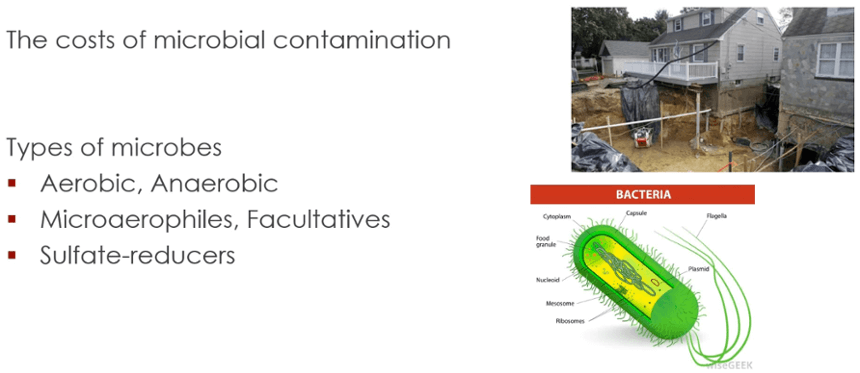Does fuel polishing really work?
For fuel storage tanks full of sludge and fuels that are dark and subpar, fuel polishing is often recommended. There are probably a thousand entities...

Anybody can build a filtering machine (or something that looks like it) and then attempt to go into the fuel filtration business. This fact means there are more choices vying to take care of your fuel problems than ever before.
But you don’t want to put your fuel into the hands of just anyone. Once it is apparent you have a need on the stored fuel side, your job as a consumer is to pick the partner that will best fit your needs.
If anyone can claim to have the equipment, how do you separate the good ones from the bad or average ones? Many times, it’s the ancillary details that point to the leaders.
The followers are less likely to attend to the details, because details aren’t “important”. They’re judged to be the small stuff. Nobody cares about that, and it’s not important to them, right? Either that, or they don’t know enough about the requirements and best practices to realize what they should be doing to solve a problem.
You want someone who sweats the small stuff. Because it’s all important.
On the chemical side, the small stuff would be something like using EPA-registered formulations.
On the mechanical side, certification by relevant authorities is a big deal. Very few partners are properly certified. It may not seem like a big deal, but it’s bigger than you think.
To know the answer here, you have to consider what they call “PCW” – petroleum-contaminated water. Lots of tanks have PCW. It’s the water phase at the bottom of the fuel storage tank. Someone pumps that out ikn the course of service, so what happens to it? It’s of no use to you - you want them to dispose of it.
The thing with PCW is, as soon as they take it out, put it on their truck, and hit the road, they become a transporter of it. Anyone who handles PCW – petroleum contaminated water – and transports it, has to have a certification. It’s the law. It may not seem like a big deal, but it’s more common than you might suspect.
That’s a big difference between an amateur and a real pro. Little details like having this kind of certification. Not that big a deal, you say? It’s not…..until that person transporting this petroleum-contaminated water gets in an accident and spills it into a lake. Since the contaminant came from your tank, guess what? YOU are the one on the hook for any damages.
You want to go with partners who have these details all tied up properly. Because the alternatives may be more costly than you realize.
For fuel storage tanks full of sludge and fuels that are dark and subpar, fuel polishing is often recommended. There are probably a thousand entities...
By now, hopefully, you’re convinced that if you have or are trying to prevent stored fuel problems, the best partner for you is one that uses a...

This summer we hosted a webinar called Condition Monitoring for Stored Fuels. During the webinar we explained what condition monitoring is and the...